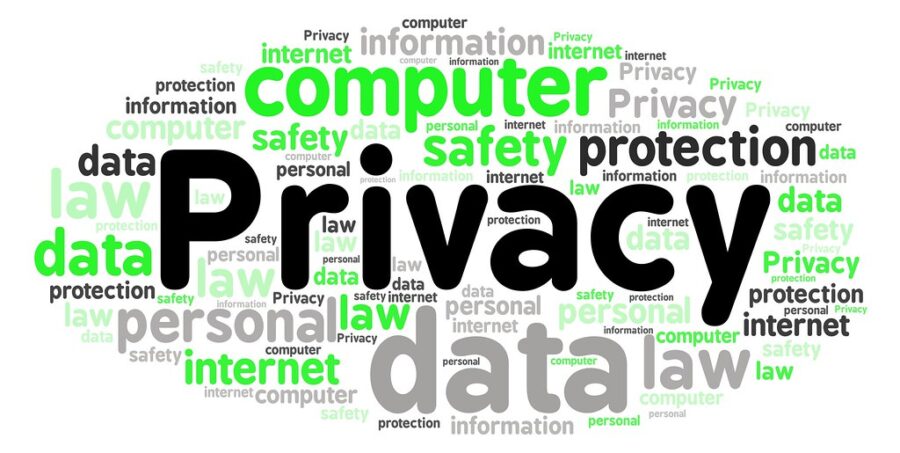IS RIGHT TO ACCESS INTERNET A FUNDAMENTAL RIGHT?

Internet is considered one of the most significant inventions of our time. The technological revolution brought by internet has changed the way of life for individuals in the 21st century. The Internet has permeated almost all aspects of our lives such as work, studies, entertainment, communication, shopping, payments, and many more and therefore, it is indispensable.
As a result of the coronavirus pandemic, a variety of activities have moved online. Offices have introduced “work from home”, schools and colleges have introduced online classes, Courts and tribunals are conducting hearing through video conferencing. With these developments, the internet has become more important than ever.
This also raises a significant question, whether the right of an individual to access the internet is a fundamental right. The Courts have examined this issue in different factual circumstances and held that right to access internet is a fundamental right through judicial pronouncements.
Faheema Shirin v. State of Kerala [2019 SCC Online Ker 2976]
A college student filed a writ petition before the Hon’ble High Court of Kerala aggrieved by her expulsion from the hostel for not agreeing to abide by the rule restricting the use of mobile phones from 6 p.m. to 10 p.m. The Hon’ble Court observed that the Human Rights Council of the United Nations has found that the right to access to the internet is a fundamental freedom and a tool to the right to education, a rule or instruction which impairs the said right of the students cannot be permitted to stand in the eye of law and held that any restriction which infringes the fundamental freedom as well as privacy and will adversely affect the future and career of students who want to acquire knowledge and compete with their peers, such instruction or restriction cannot be permitted.
Anuradha Bhasin v. Union of India [(2020) 3 SCC 637]
This case arose in wake of the Constitutional Order 272 issued by the President whereby Article 367 was made applicable to the State of Jammu and Kashmir. The mobile networks, internet services, landline connectivity were discontinued in the State, along with restrictions on movement in some areas. The Hon’ble Court held that the freedom of speech and expression and the freedom to practice any profession or carry on any trade, business or occupation over the medium of internet enjoys constitutional protection under Article 19(1)(a) and Article 19(1)(g) and any restriction on such fundamental rights should be in accordance with the mandate under Article 19(2) and (6) of the Constitution, inclusive of the test of proportionality.
Foundation for Media Professionals v. Union of Territory of Jammu & Kashmir[2020 SCC Online SC 453]
The restriction on the speed of mobile internet to 2G in the Union Territory of Jammu and Kashmir was challenged before the Hon’ble Supreme Court on the ground that such restriction during national lockdown impacts the right to health, right to education, right to business, right to freedom of speech and expression of the residents. The Hon’ble Court, relying on the observations made in the case of Anuradha Bhasin on the proportionality of restrictions in the prevailing circumstances, constituted a special committee to look into the circumstances and to determine the necessity of the continuation of the restrictions.
In India, internet is regulated by the Department of Telecommunications through the guidelines and orders issued from time to time with respect to Internet Service Provider Licenses Agreement. Any order restricting the availability of internet on the grounds of public safety or public emergency is issued under the Temporary Suspension of telecom Service (Public Emergency or Public Safety) Rules, 2017. Any orders passed by the Department of Telecommunication, Ministry of Communication, or Ministry of Home Affairs. As the internet enables several rights i.e. right to freedom of speech and expression, right to privacy, right to education, right to practice any profession, or to carry on any occupation, trade or business, right to privacy, therefore, any restriction placed on the right to access the internet will be examined on the metric for violation of such fundamental rights.
Authors –
Ekta Pradhan, Senior Associate
Kariappa N A, Associate

